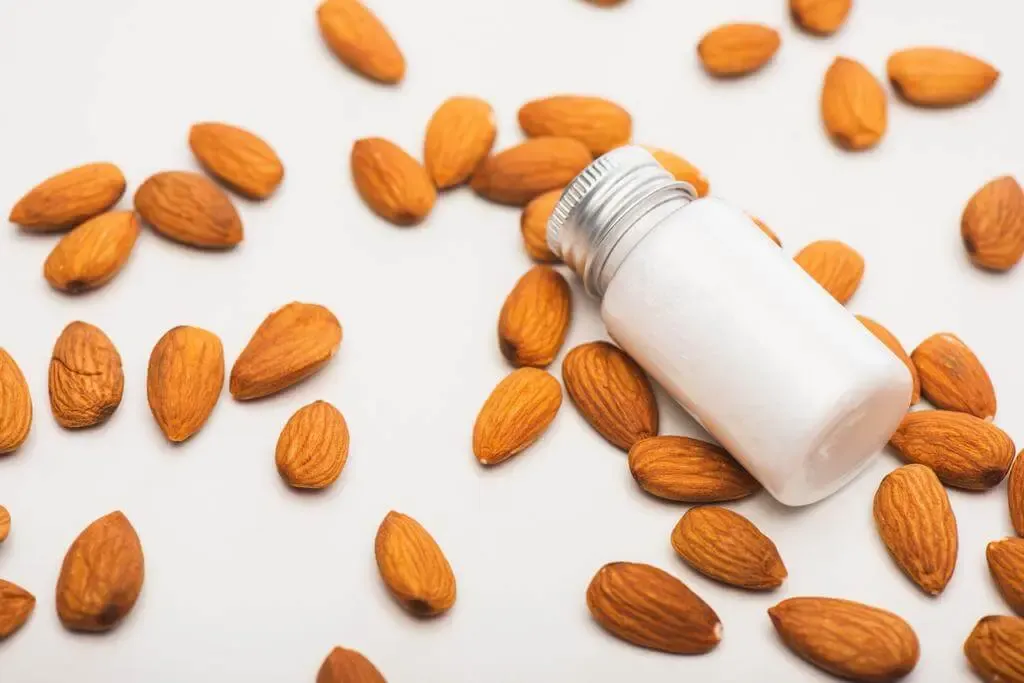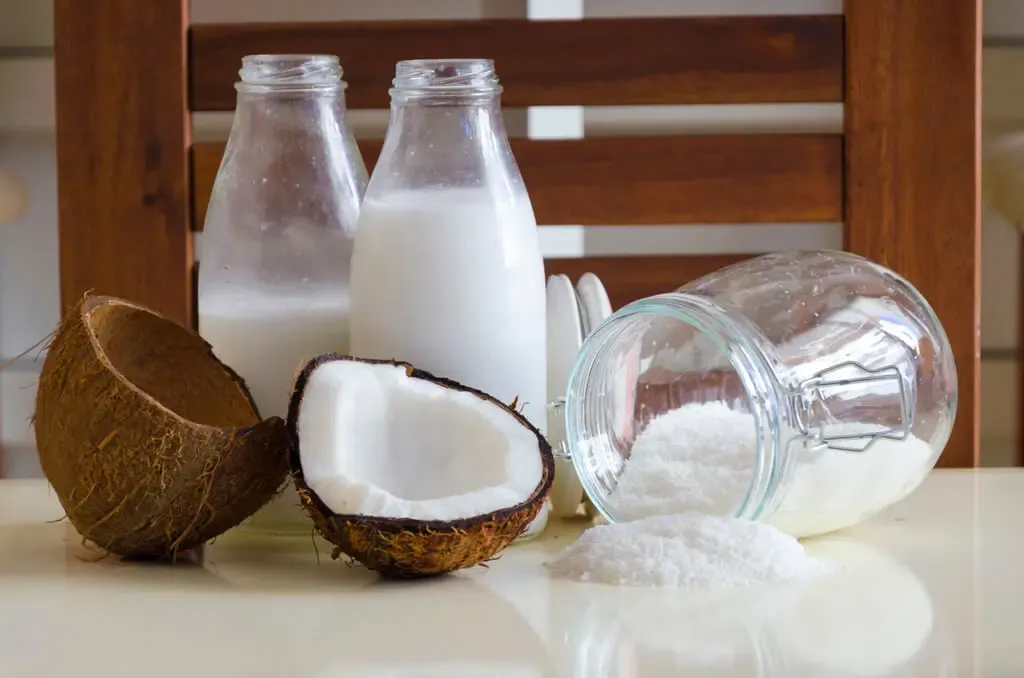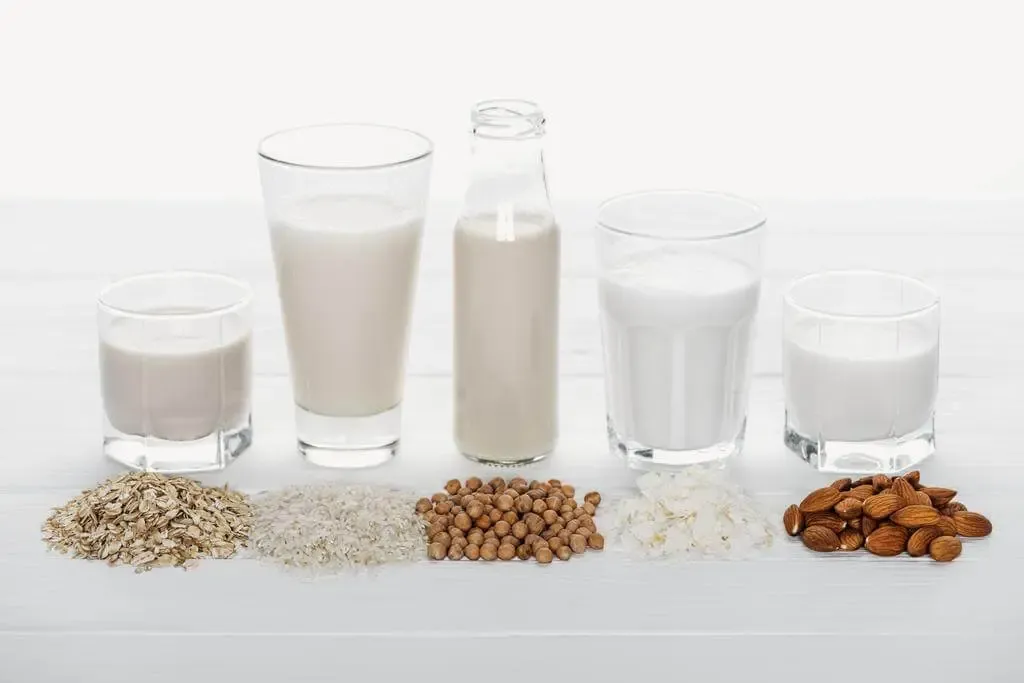Introduction
Have you ever wondered about the buzz surrounding botulism and its connection to our beloved dairy-free beverages? Well, grab your favorite almond latte and let’s get into the nitty-gritty of this intriguing controversy. Spoiler alert: there’s no need to panic, but there are some facts we should be aware of.
What’s the Buzz About?
Imagine this: you’re sipping on your almond milk smoothie and scrolling through your feed when you come across a post that claims plant-based milk might have a hidden dark side – botulism! Before you start tossing out your cartons of oat milk, let’s break down what’s really going on here.
Botulism Unveiled
First things first, let’s get acquainted with botulism. It’s a rare but serious foodborne illness caused by a bacteria called Clostridium botulinum. This sneaky little bacterium produces a toxin that can mess with your nervous system, causing muscle paralysis and some downright unpleasant symptoms. Yikes, right?

The Plant-Based Milk Craze
Okay, now that we’re on the same page about the bad guy (aka Clostridium botulinum), let’s chat about the good stuff – plant-based milk or dairy substitutes! Almond, soy, oat, rice, coconut and even home-made nut milk – the gang’s all here, and they’ve become staples in many of our diets. Why the switch from dairy to these plant-powered options, you ask? Health perks like the nutritional benefits they provide, and environmental concerns, for starters.
Botulism’s Sneaky Game
So, here’s the deal: some folks are raising eyebrows about the possibility of botulism lurking in our favorite non-dairy beverages. But how can that be? Well, it turns out botulism thrives in low-acid environments. Traditional dairy milk has a pH balance that doesn’t exactly float the bacteria’s boat. But some plant-based milks, especially almond and rice milk, might tip the scales towards a pH level that’s friendlier to the bacteria.
Table: Comparison of pH Levels in Various Plant-Based Milks
| Plant-Based Milk | Approximate pH Level |
|---|---|
| Almond Milk | 6.8 – 7.2 |
| Soy Milk | 6.4 – 6.8 |
| Oat Milk | 6.5 – 7.0 |
| Rice Milk | 6.5 – 7.0 |
| Coconut Milk | 6.0 – 7.0 |
The Homemade Adventure
Now, don’t panic if you’re a homemade plant-based milk aficionado. There’s something really satisfying about crafting your own almond milk masterpiece in the kitchen, right? But here’s where the plot thickens for all you health-conscious consumers: if you’re not super cautious about cleanliness and hygiene during the process, you could unwittingly create a cozy home for Clostridium botulinum. And let’s be real, nobody wants that uninvited guest at the homemade milk-making party!

Package Deal: Storage Matters
You might be thinking, “Hey, I’m all good if I grab a carton from the store!” Well, you’re on the right track. Commercially produced plant-based milks often undergo pasteurization methods, for eg. the UHT pasteurization process. This superhero process zaps those harmful bacteria, giving you a safe and sound beverage. But remember, once that carton is open, it’s like the milk’s free ticket to a bacterial playground. Refrigeration is your BFF here.

Navigating the Botulism Maze: Your Guide
Let’s put your worries to rest and give you some pro tips for sipping on plant-based milk with confidence:
- Label Love: When in doubt, trust the labels. Opt for store-bought plant-based milks that have undergone proper processing to keep those bacteria at bay.
- Chill Out: After cracking open that carton, make sure to give it a cozy spot in the fridge and follow refrigeration guidelines. And don’t procrastinate – drink it up within the recommended time to keep any bacterial surprises away.
- Hygiene Heroes: If you’re into DIY, be the hygiene superhero during your homemade milk-making adventures. Cleanliness for microbial safety is your sidekick in the fight against bacteria.
My Two Cents
I’ll admit, when I first heard about the botulism scare, I had a mini freak-out. But after digging into the facts and talking to experts, I realized that with a pinch of caution and a splash of common sense, enjoying my almond milk latte isn’t a risky game of chance. It’s about making informed choices and embracing the nutty goodness without the drama.
Expert Insights: The Real Story
Now, let’s dive into the nitty-gritty and hear what the experts have to say about the whole botulism and plant-based milk saga. It’s time to cut through the noise and get to the heart of the matter.
Food Safety Gurus Weigh In
Food safety experts have their magnifying glasses on, and they’re not holding back when it comes to botulism concerns. According to the FDA (Food and Drug Administration) and the CDC (Centers for Disease Control and Prevention), the risk of botulism from commercial plant-based milk is extremely low. Why? Well, it all comes down to processing.
Processing Power: The Game Changer
When you pick up that carton of almond milk from your local grocery store, you’re holding a beverage that has undergone some serious heat treatment. As we now know, this process known as UHT pasteurization, involves cranking up the heat to zap those bacteria into oblivion. It’s like the ultimate microbial showdown. So, when the experts say the risk is low, they’re not just blowing steam.
DIY Adventures: The Cautionary Tale
Now, let’s talk about homemade plant-based milk. We’ve all seen those captivating DIY videos where someone effortlessly whips up a batch of almond milk in their blender. While it’s true that making your own milk can be fun and rewarding, there’s a catch. The experts stress that without the safety net of UHT pasteurization, your homemade concoction could potentially become a breeding ground for bacteria if not handled with care.
pH Matters: The Science Bit
Remember that pH talk we had earlier? Well, here’s where it gets a bit sciency – but stay with me! The pH scale ranges from 0 to 14, with 7 being neutral. Anything below 7 is acidic, and anything above 7 is basic (or alkaline). Clostridium botulinum loves to party in environments with a higher pH – the more alkaline, the better. Some plant-based milks, like almond and rice milk, can tip the scale toward the alkaline side. But fear not! The commercial pasteurization process still comes to the rescue, making sure any potential bacteria don’t get the chance to RSVP.
Sip with Confidence: Busting Botulism Myths
As we wrap up our journey through the world of plant-based milk and botulism, let’s take a moment to debunk some common myths that might still be lingering in the back of your mind. It’s time to clear the air and sip with confidence!
Myth #1: All Plant-Based Milks Are Equally Risky
False alarm! While it’s true that some plant-based milks have pH levels that might make bacteria feel welcome, it doesn’t mean all non-dairy options are equally risky. Each type of milk has its own pH profile, and commercial processing steps in to neutralize any potential threats. So go ahead, explore the diverse world of plant-based milks without second-guessing every carton.
Myth #2: Homemade Milk Is Always a Health Hazard
Hold up – let’s not throw the homemade milk out with the bathwater! Crafting your own almond or oat milk can be a rewarding experience, and it’s not a guaranteed ticket to botulism city. The key is in the details: maintain impeccable hygiene, use clean equipment, and be mindful of pH levels. With a sprinkle of caution, your homemade milk can be just as safe and delicious as store-bought options.
Myth #3: Botulism Is the Silent Enemy Lurking in Every Carton
While it’s true that botulism is a serious concern, it’s not the silent enemy lurking in every corner of your kitchen. The risk is low, especially when you choose reputable brands and follow recommended storage guidelines. Commercial processing, like UHT pasteurization, has your back, ensuring your plant-based milk is a safe and enjoyable choice.
Sip On, Sip Strong
As you take the final sips of your coconut milk chai latte or your morning cereal bathed in almond milk, do so with a sense of empowerment. Armed with knowledge, guided by expert insights, and enlightened by scientific facts, you’re ready to face any botulism myths head-on. You’ve mastered the art of sipping smartly and savoring life’s creamy pleasures without fear.

The Takeaway: Be Informed, Not Alarmed
It’s easy to get caught up in the whirlwind of health scares and alarming headlines. But when it comes to botulism and plant-based milk, taking a step back and looking at the facts is the way to go. The experts are on our side, and the science checks out. Commercially produced plant-based milks are crafted with your safety in mind, thanks to the magical powers of UHT pasteurization.
So, as you sip on your coconut milk latte or enjoy a bowl of cereal with almond milk, rest assured that you’re making a smart choice for your taste buds and your health. And if you ever decide to venture into the realm of homemade milk-making, just remember to channel your inner cleanliness guru and keep those pH levels in check. Cheers to a worry-free milk-drinking adventure! ??
So, in the end what will you choose? Let us know!





